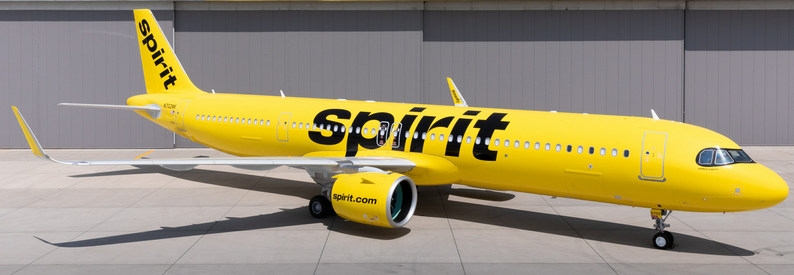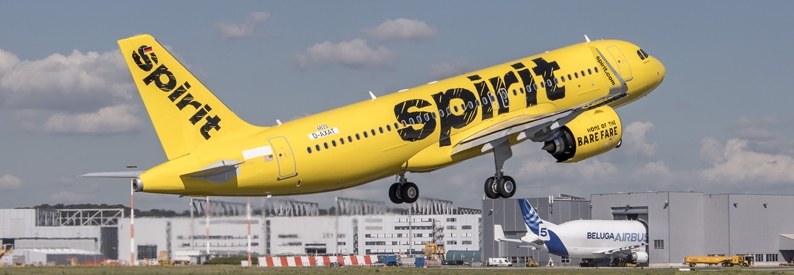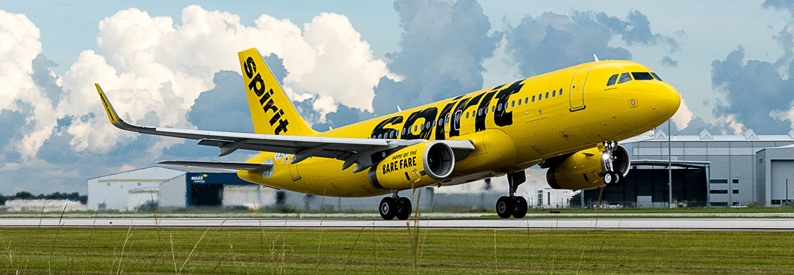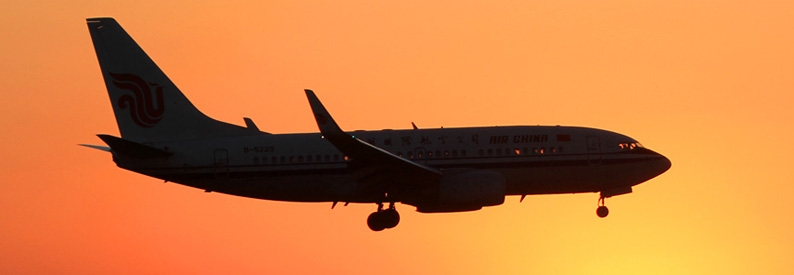Spirit Airlines (NK, Fort Lauderdale International) expects the number of A320neo Family aircraft parked due to mandatory Pratt & Whitney PW1100G engine inspections to steadily climb throughout 2024, reaching 41 by the end of the year and averaging 26 over the 12-month period.
"The timing of engine removals and aircraft being pulled through service is fluid. So, this is just our baseline estimate for now," Executive Vice-President and Chief Commercial Officer Matthew Klein said during an earnings call.
The ultra low-cost carrier said that it had 13 aircraft parked for inspections in January 2024. It blamed the engine issues together with ongoing ATC staffing problems for around half of the 5.5-point reduction in its 1Q 2024 capacity growth guidance. Spirit Airlines has yet to include the impact of the engine-related groundings in its schedules for the second quarter and beyond but stressed the situation has already had a material impact on its network.
"For instance, partially as a result of the Pratt & Whitney engine issues, in November 2023, we announced that we will discontinue service at Denver International, effective January 9, 2024," the carrier said in the financial report.
The airline currently estimates the impact will continue through 2026, although the situation is dynamic and therefore hard to predict.
"We used to see the engine manufacturers get wing-to-wing turn time somewhere in the 90- to 120-day range. Unfortunately, we're seeing Pratt numbers that are in the 300-plus range. And we're not sure whether or not that is stable, whether or not it will continue to increase or decrease. And so until we get a feel for that, it's hard to say how many engines will be through the process [by the end of the year]," President and CEO Ted Christie said.
Spirit Airlines is in advanced negotiations with Pratt about compensation but would not disclose any amount, although some of it has already been included in its 2024 guidance. It will, however, only partially cover the cost of the groundings. The LCC conceded it would not be able to achieve what it "would consider optimised cost structure" until the issues are over.
The LCC is partially offsetting the issues by increasing the utilisation of its non-grounded aircraft and adding new units with lower fuel consumption. It plans to take twenty A321-200NX in 2024. The ch-aviation Commercial Aviation Aircraft Data module shows it currently operates seventeen A319-100s, sixty-four A320-200s, eighty-four A320-200Ns (fourteen of which are inactive), thirty A321-200s, and eleven A321-200NX (three inactive). It has an outstanding order for thirty-seven incremental A320-200Ns and sixty-two A321-200NX from Airbus, and plans to add more from lessors.
- Type
- Base
- Aircraft
- Destinations
- Routes
- Daily Flights




